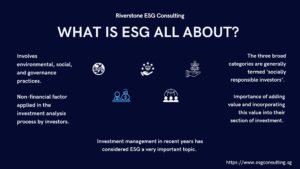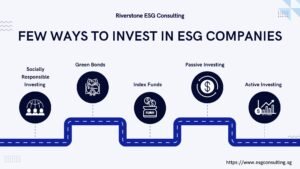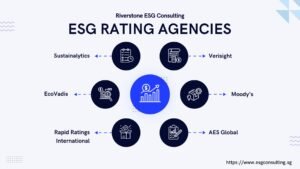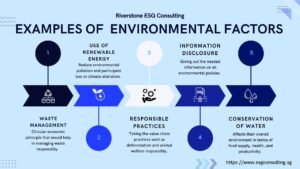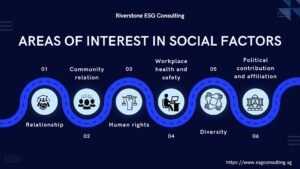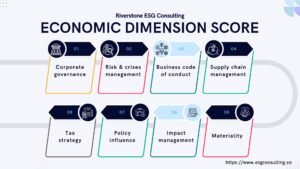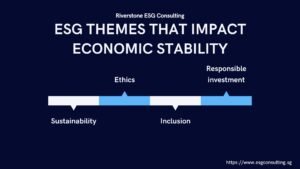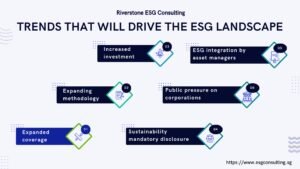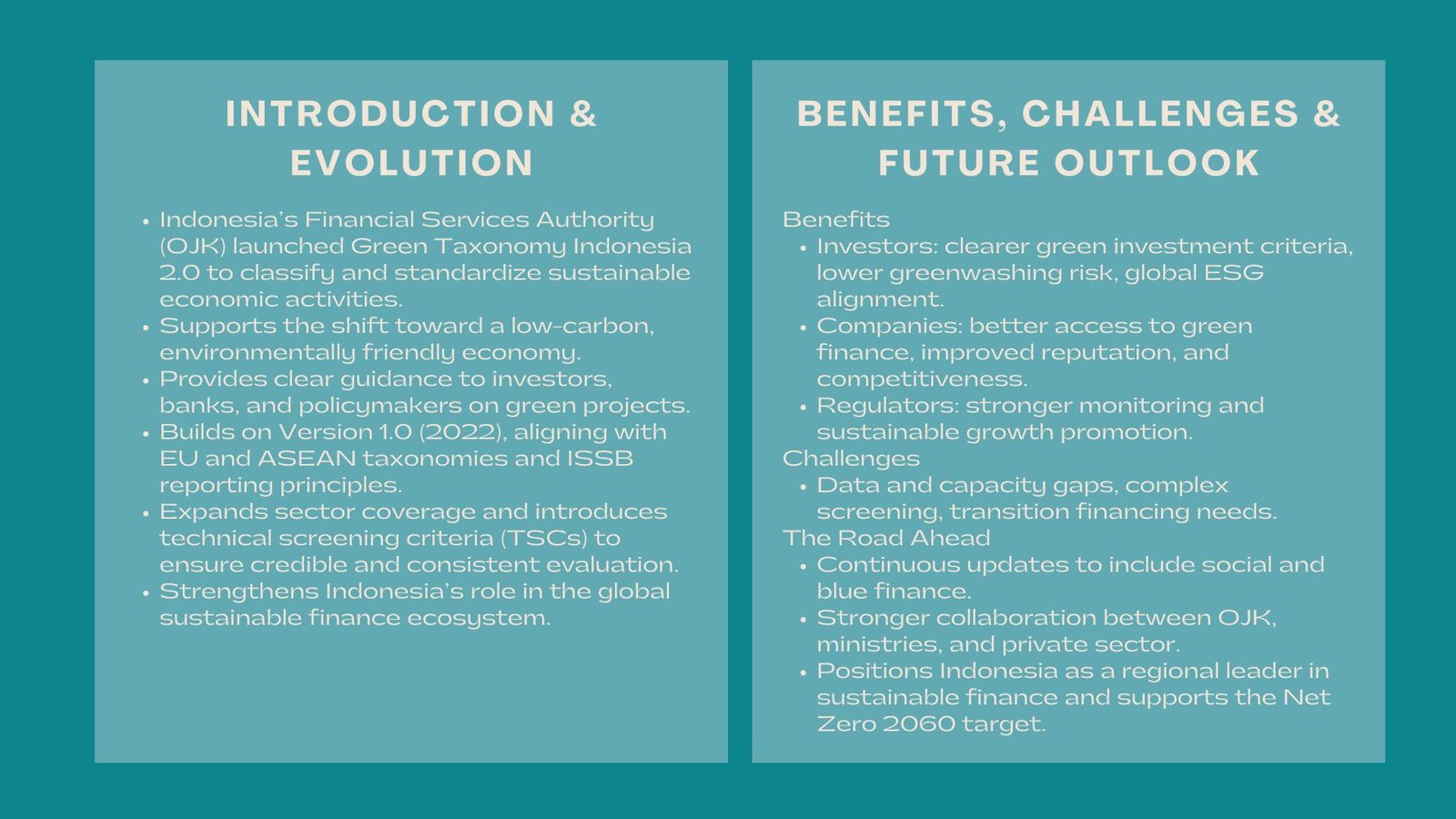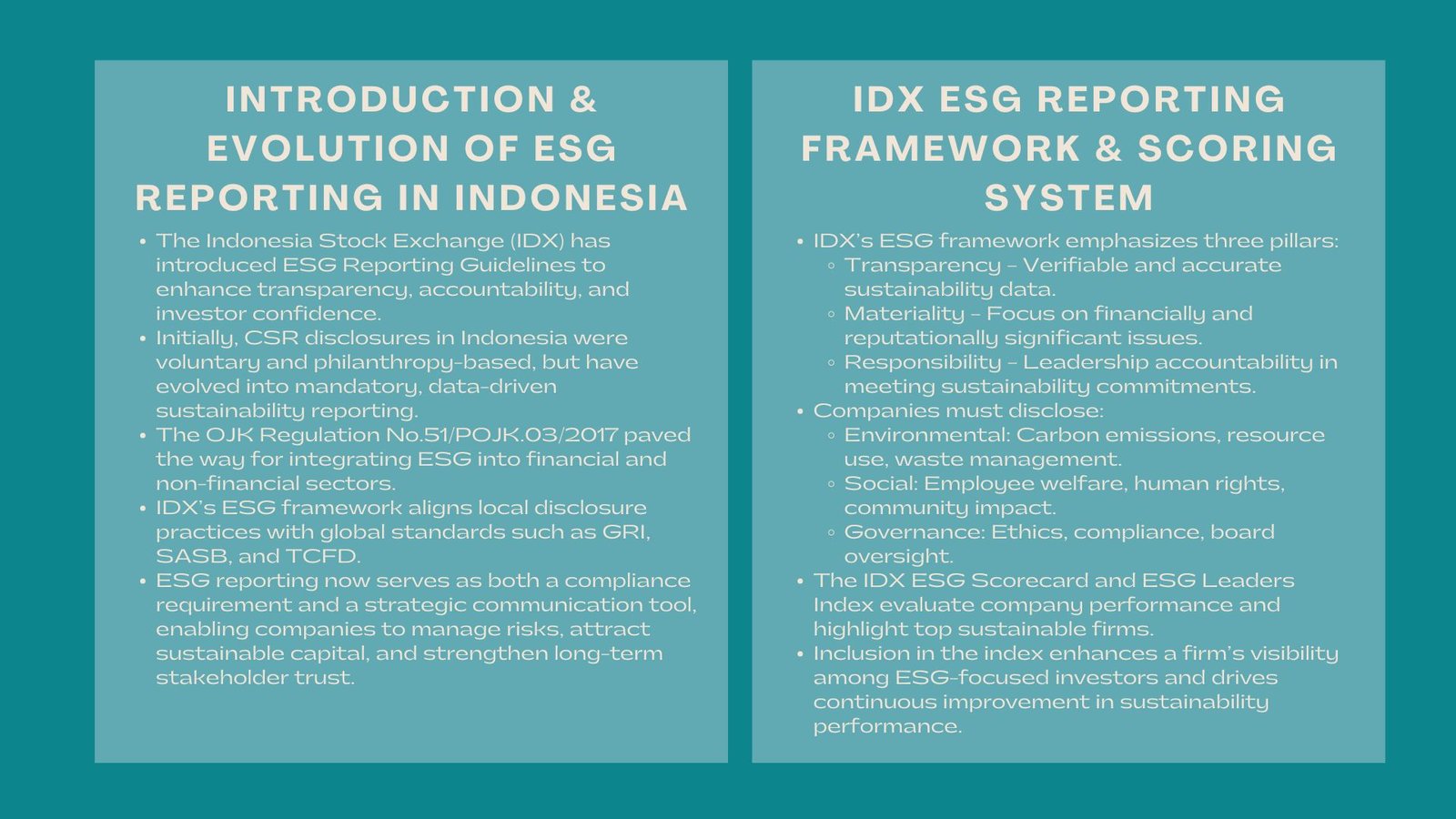Corporate Governance and ESG Oversight by Boards in Singapore
Introduction to Key Insights on Corporate Governance Singapore
Environmental, Social and Governance (ESG) is now taking the centre stage in the contemporary corporate strategy. In the case of the Singaporean firms, increasing sustainability reporting standards, investor demand, and regulatory conditions have turned ESG into a must have rather than a nice to have in achieving success in the long term. The board of directors now has a central role to play not just in direction setting, but in taking directive roles of supervising and entrenching ESG principles in operations and decision-making.
The regulators of Singapore especially the Monetary Authority of Singapore (MAS) and the Singapore Exchange (SGX) have highlighted the necessity to have better governance and accountability in sustainability. Boards should be observed to exercise obvious leadership in promoting ESG performance, dealing with climate risks, and ensuring that the sustainability objectives are appropriately aligned with fiduciary responsibilities of the company.
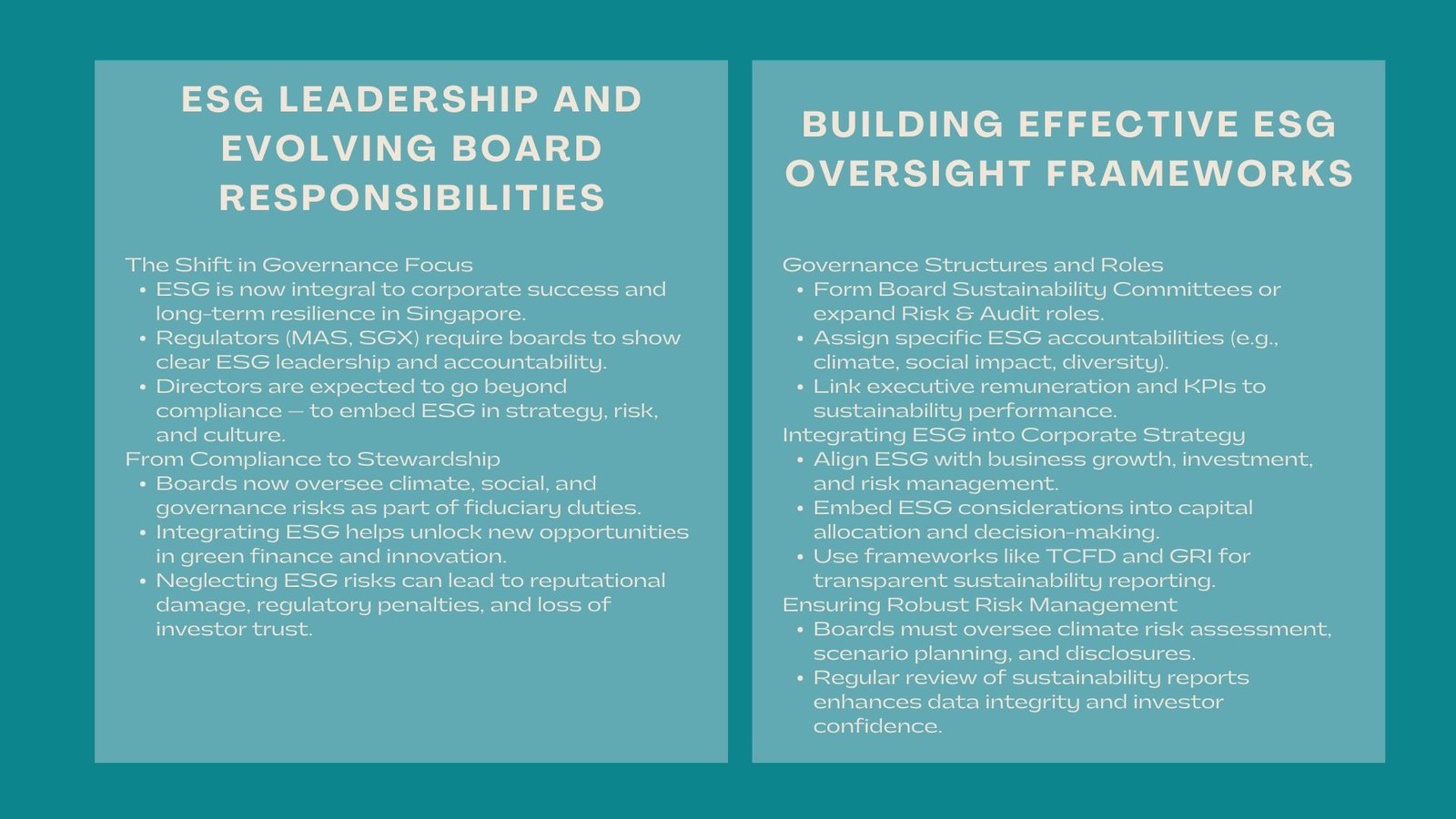
Change in Role of Boards in ESG Leadership.
Compliance to Strategic Stewardship.
Historically, the management of ESGs used to be minimal compliance-based reporting or left to the sustainability departments. Currently, the top companies are understanding that ESG is a fundamental business matter and has to be interfered with by board members. Directors are being asked more and more to be aware of how environmental and social issues will impact financial performances, business resilience, and the corporations image.
The contemporary governance is no longer limited to the conventional financial measures, but also to long-term sustainability performance. This has led to the development of board level ESG governance and sustainability oversight practices in Singapore which focus on risk reduction, stakeholder involvement and value-generation. These developments are closely aligned with ESG global standards compliance consulting Singapore, helping organizations strengthen governance and align with international ESG frameworks.
ESG and Fiduciary Duties
The companies act of Singapore and codes of corporate governance requires directors to act in the best interests of the company and its shareholders. The definition of best interests has however changed to incorporate environmental stewardship and social responsibility. Investors, regulators and the society now expect boards to take into consideration the risks in climate, human rights and ethics governance in making critical business decisions.
Boards not incorporating ESG management are vulnerable to regulatory scrutiny, reputational damage and waning investor trust. On the other hand, the ones that actively manage ESG are able to open new opportunities to innovate, green finance, and value added to shareholders.
Constructing a Successful ESG Oversight Framework.
Determining Board Structure and Responsibilities.
A sound ESG governance model starts with proper governance structures. The sustainability committees have been put in place by many companies at the board level or by using the existing risk and audit committees. These committees also manage sustainability strategy, performance monitoring and reporting structures including the Task Force on Climate-related Financial Disclosures (TCFD).
Companies ought to impose specific ESR roles on certain directors in order to improve accountability. As an example, one director can be in charge of environmental risk management, and another director can be in charge of social impact or stakeholder engagement. This is a specialization that enhances focus and gives sufficient board attention to ESG issues.
Incorporating ESG in Corporate Strategy.
To integrate ESG into strategy, it is necessary to align the sustainability goals with the business objectives in the long term. The boards are also important in ensuring that ESG considerations are incorporated in the strategic planning, capital allocation and risk management.
Organizations are implementing structures which tie executive compensation with sustainability performance, such as paying a bonus or key performance indicator (KPI) based on carbon reduction goal or diversity indicators. These mechanisms enhance accountability and are an indication of dedication towards sustainable value creation.
These are the indicators of the increasing significance of corporate governance roles in the integration of ESG in Singapore companies as the board members have to reconcile between the short-term profitability and long-term sustainability.
ESG Oversight in Practice: The Singapore Board Frontline.
Setting the Tone from the Top
The culture of corporates starts with the board. A sustainability vision made by directors should trickle down the ranks. This involves ratifying of ESG policies, advising the management on how to conduct sustainability programs, and ensuring ethical business practices.
Most boards in Singapore have started to include ESG issues in the agenda of their meetings. This will make sure that the conversation about risk to climate, diversity, data ethics, and supply chain transparency take place, in tandem with conventional reviews of financial performance.
Ensuring Well-Strong Risk Management and Disclosure.
Good ESG governance implies the identification, evaluation, and reduction of risks of the sustainability character. To ensure that the supply chain is resilient, boards are required to manage climate risk assessment, scenario planning, and supply chain audit.
Furthermore, directors play the role of making sure that there is proper and transparent reporting of ESG. The SGX obligates all listed firms to make available their annual sustainability report, which includes disclosures in accordance with international standards, such as GRI (Global Reporting Initiative) and TCFD.
Boards have to consider these reports to the letter to be sure that they are material ESG issues, credible data, and forward-looking strategies. True or poor disclosures may result into regulatory fines and lack of confidence by the stakeholders.
Boosting ESG Board Competency.
Ongoing Learning and Building Capacity.
The fast development of the sustainability standards implies that directors need to never cease learning. Most of the Singaporean boards are currently engaged in senior leadership ESG training programs. Such initiatives include the climate governance, human capital management, ethical supply chains, and sustainable finance.
Directors can be able to make informed decisions that balance both the financial and non-financial results by enhancing their knowledge of the risks and opportunities associated with ESG. This proactive learning culture enhances the overall effectiveness of board-level ESG governance and sustainability oversight practices in Singapore.
Boardroom Diversity and Expertise.
Multicultural boards are in a better position to manage ESG. The inclusion of people whose background would be sustainability, finance, and stakeholder management enhances the strategic discussion and decision making processes. Gender diversity and multi-generational representation further enable boards to realise the general social consequences of corporate activity.
The government of Singapore supports this diversity with the Council of Board Diversity that ensures an increase in female representation and board board inclusive leadership.
Teamwork and Shareholder involvement.
Involving Investors and Regulators.
Boards should ensure communication with the investors, regulators and other stakeholders is open. Shareholders are becoming more interested in how businesses are dealing with ESG risks and how they fit into a sustainable finance model.
To counter this, Singaporean firms are also hosting stakeholder round tables, releasing ESG scorecards, and reporting annual financial risks of climate change in annual reports. Such transparency also enhances the relationship with the institutional investors who believe in sustainable investing.
Supply Chain and Community Accountability.
Besides shareholders, boards also have to think of the effect of corporate activities on employees, suppliers and local communities. Social responsibility sourcing, fair working practices and community involvement are now considered to be part of governance discourse.
Companies, by integrating the sustainability objectives with supply chain policies, will be able to manage reputational risks and play a positive role in the sustainability ecosystem of Singapore.
Riverstone ESG Consulting Role.
These changing governance requirements may prove to be complicated to adapt, particularly to firms with little knowledge of ESG. Riverstone ESG Consulting offers leadership advice to enable boards to enhance sustainability monitoring and conscientiousness.
The firm assists directors to build up governance structures, identify ESG roles, and harmonise corporate reports with international guidelines. The advisory services performed by Riverstone also encompass board training sessions, ESG risk mapping, and materiality review which build an effective control system.
For boards navigating corporate governance responsibilities for ESG integration in Singaporean companies, Riverstone presents effective solutions that will not only meet the accountability desired by the company but also create a long term growth.
The Path Forward
The corporate governance expectations are still affected by the long-term sustainability of Singapore. Boards should become a source of leadership as global investors seek more robust ESG performance, based on transparency, accountability, and innovation.
The coming ten years will witness the shift of the concept of ESG governance to the area of compulsory actions to a cornerstone of corporate policy. Such boards not only will make their organizations more resilient but also will make Singapore a model of responsible corporate leadership in Asia.
Conclusion
Good ESG management should start with the boardroom. The directors should be owners of the sustainability strategy and make sure that ESG risks and opportunities are internalized in all areas of corporate decision-making. Singaporean companies can also survive in the growing global economy which is increasingly driven towards sustainability through the promotion of good governance, ethical leadership, and transparent reporting.
With the proper structures, training and advisory services, boards can make ESG not a liability, but a competitive advantage, which will create long term value with their shareholders, stakeholders and society.

